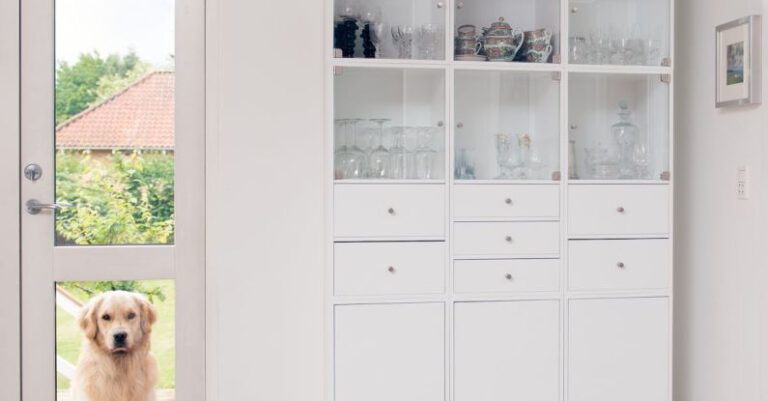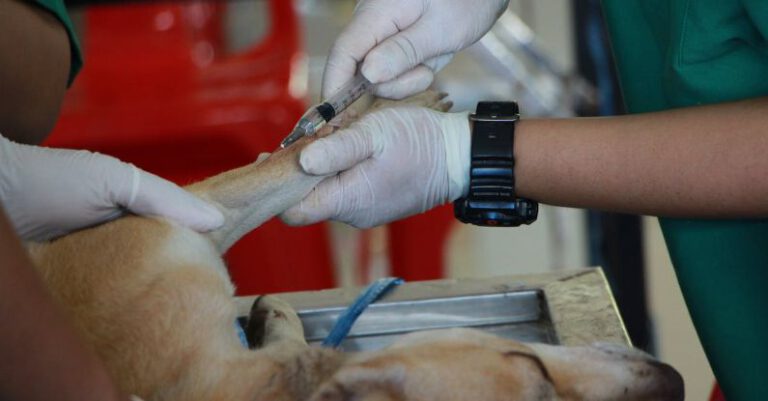How to Care for Elderly Pets?
As our beloved pets age, they require a little extra care and attention to ensure their health and happiness. Just like humans, elderly pets have specific needs that must be met to maintain their quality of life. Whether you have a senior dog, cat, or any other furry friend, here are some essential tips on how to care for your elderly pets.
Regular Veterinarian Visits
One of the most crucial aspects of caring for elderly pets is ensuring they receive regular veterinarian check-ups. As pets age, they become more susceptible to various health issues, including arthritis, dental problems, and organ dysfunction. Routine visits to the vet will help identify and address any potential health concerns early on. Your vet will conduct thorough examinations, provide necessary vaccinations, and recommend appropriate medications or treatments to keep your elderly pet in optimal health.
Balanced Diet and Proper Nutrition
Proper nutrition is vital for the overall well-being of elderly pets. As pets age, their dietary needs change, and it is essential to provide them with a balanced diet that meets their specific requirements. Consult with your vet to determine the appropriate type and amount of food for your senior pet. They may require a diet that is lower in calories but higher in protein and certain nutrients to support their aging bodies. Additionally, consider providing supplements such as fish oil or joint supplements to support joint health and mobility.
Maintain a Healthy Weight
Maintaining a healthy weight is crucial for elderly pets, as excess weight can put additional strain on their joints and organs. Obesity can lead to a range of health issues, including diabetes, heart disease, and arthritis. Ensure that you are feeding your senior pet the correct portion sizes and avoid overfeeding. Regular exercise is also essential to help them maintain a healthy weight. However, it is important to consider any limitations or mobility issues your elderly pet may have and adjust their exercise routine accordingly.
Provide Comfortable Living Space
Creating a comfortable living space for your elderly pet is essential to their well-being. Make sure they have a cozy bed that provides proper support for their aging joints. If your pet has difficulty climbing stairs or accessing certain areas, consider installing ramps or providing steps to help them move around more easily. Additionally, provide plenty of soft blankets and pillows for them to rest on, as well as easy access to food, water, and litter boxes.
Regular Grooming and Dental Care
Regular grooming and dental care are crucial for maintaining the health and hygiene of elderly pets. As pets age, their grooming habits may decline, and they may require additional assistance in keeping their coats clean and free of mats. Brushing your pet’s coat regularly will help reduce shedding and keep their skin healthy. Additionally, regular dental care, such as brushing their teeth or providing dental treats, can help prevent dental diseases and maintain good oral health.
Provide Mental Stimulation
Elderly pets may experience cognitive decline, and it is important to provide them with mental stimulation to keep their minds active and engaged. Interactive toys, puzzle feeders, and gentle playtime can help keep their brain stimulated and prevent boredom. Additionally, spending quality time with your senior pet, giving them attention, and engaging in activities they enjoy can significantly improve their overall well-being.
Conclusion: Loving Care for Aging Pets
Caring for elderly pets requires patience, understanding, and a little extra effort. By providing regular vet visits, a balanced diet, maintaining a healthy weight, creating a comfortable living space, regular grooming and dental care, and providing mental stimulation, you can ensure that your aging pet lives a happy and healthy life. Remember, the love and care you provide to your elderly pet will make a significant difference in their overall well-being and quality of life.






